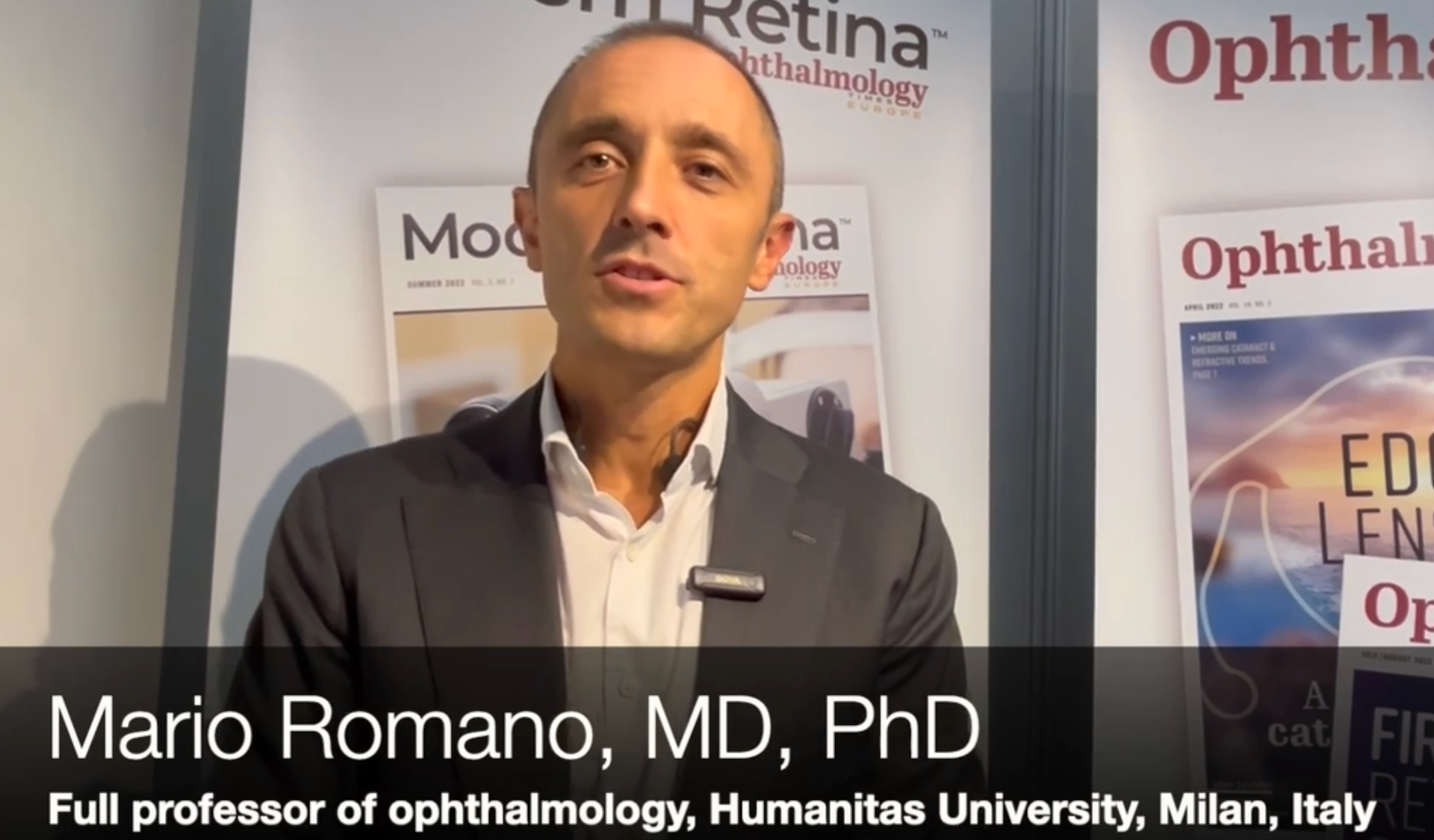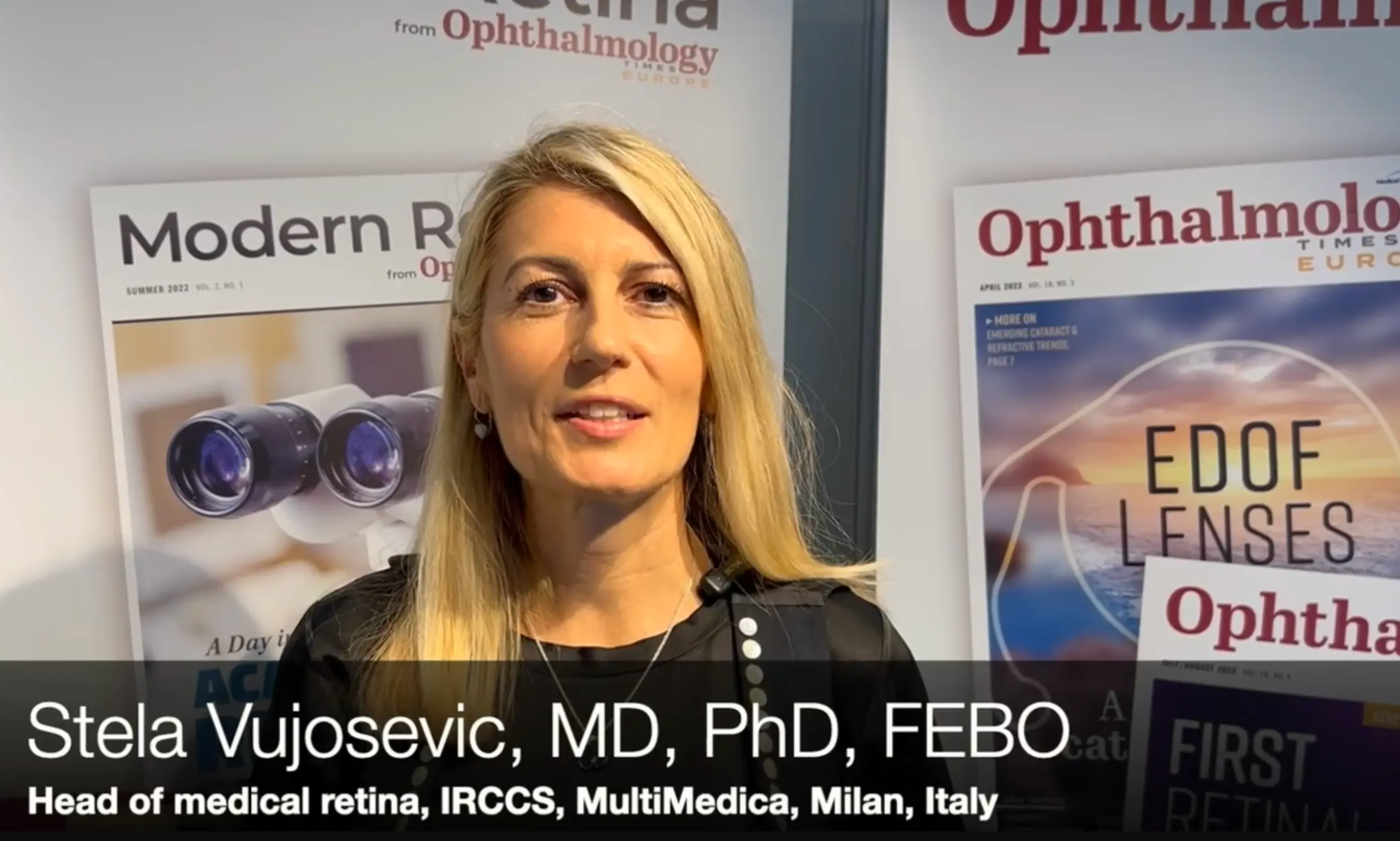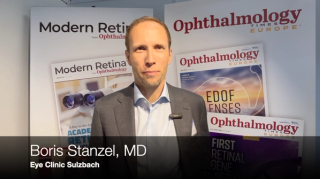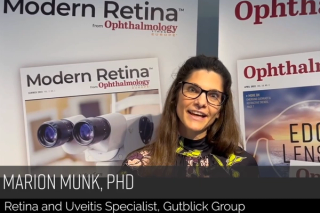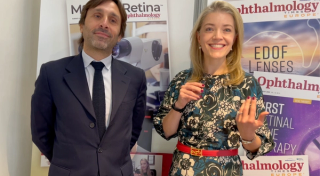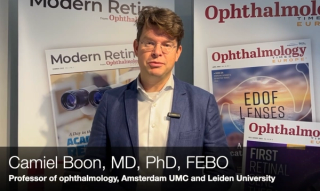
Retina
Latest News


Eyenuk deploys autonomous AI eye screening technology throughout Norway
Latest Videos

CME Content
More News

Alteogen received a positive CHMP opinion for EYLUXVI in July 2025

Dr Ramtohul's research uses electrophysiologic testing to study the retinal ganglion cells

The US Food and Drug Administration (FDA) also granted RMAT designation for MCO-010 in Stargardt disease (SD).

Presentation topics will include therapies for age-related macular degeneration, X-linked retinitis pigmentosa and other retinal pathologies

Clinical leaders including Susan Schneider, MD; Lejla Vajzovic, MD; and Harvey Uy, MD, will share new clinical findings

An understanding of GA growth kinetics is key to addressing the pathophysiology of age-related macular degeneration

Where to find members of our editorial board at this year's European Society of Retina Specialists Congress

Answering all the questions ophthalmologists may have ahead of the EURETINA Congress in Paris, France

The province's public health insurance scheme, Régie de l’assurance maladie du Québec (RAMQ), covers faricimab for three indications

Salvation of ocular tissues and visual acuity are dependent on early diagnosis, investigators emphasised
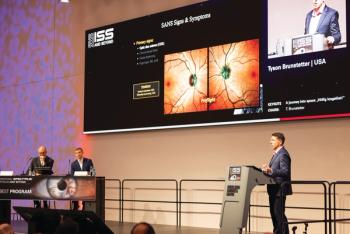
Highlights from the 2025 Heidelberg Engineering International SPECTRALIS Symposium—And Beyond

New financing will support the company's lead retinitis pigmentosa programme, among other projects

Sandoz will hold exclusive or semi-exclusive marketing rights in several European and Asian countries

An ophthalmologic examination revealed bilateral anterior uveitis, though the patient had no ocular complaints at presentation

In a press release, the National Institute for Health and Care Excellence announced the first-ever approval for a mitochondrial disease treatment

GLP-1 therapies could impact long-term outcomes in diabetic retinopathy

Enhanced screenings and a unified registry could save vision and lives

The Global RDH12 Alliance unites inherited retinal disease advocacy groups including UK-based Eyes on the Future and the US-based RDH12 Fund for Sight
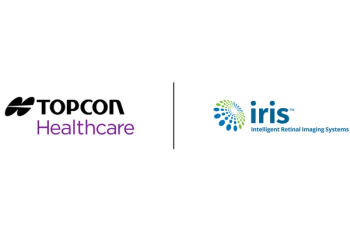
The IRIS is a cloud-based model that supports artificial intelligence-assisted diabetic retinopathy screening

Exonate initiates a phase 2b trial for EXN407, a groundbreaking eye drop treatment for diabetic retinopathy
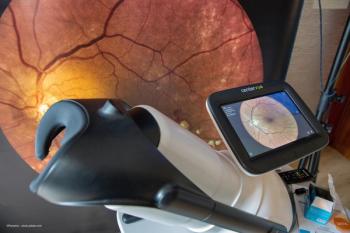
Optical coherence tomography may help identify patients at risk of cardiovascular disease before coronary angiography

According to the company, the EMA’s opinion was based on the “totality of evidence comprising a comprehensive analytical, non-clinical and clinical data package”

Rhino-orbital-cerebral mucormycosis, a life-threatening fungal infection, typically occurs in patients with diabetes

Findings from a phase 2 clinical trial support the therapeutic potential of ADX-2191 in patients with retinitis pigmentosa
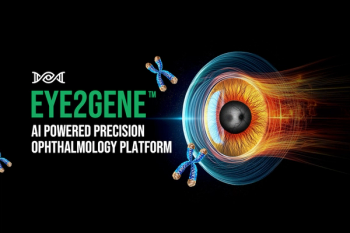
The platform, developed by University College London and Heidelberg Engineering, demonstrated accuracy and precision in early tests

